Liquor
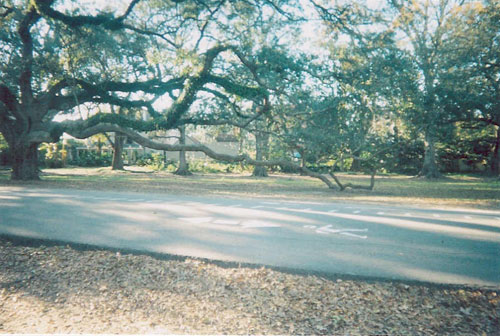
"It was the kind of October day for which residents
of New Orleans endure the summers, sparkling blue-gold with
just a touch of crispness, and two old friends were sitting
on a low branch of an oak tree in Audubon Park drinking liquor."
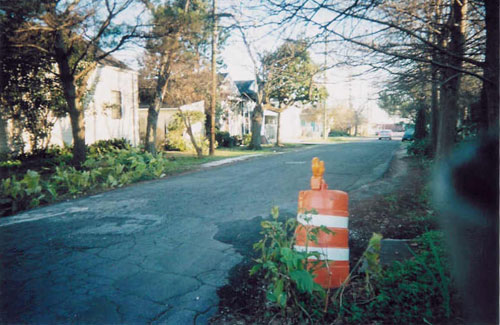
THE IRISH CHANNEL: RICKEY AND G-MAN'S NEIGHBORHOOD
"They were making enough money to move to a little shotgun
house on a shade-dappled block of Marengo Street ... "
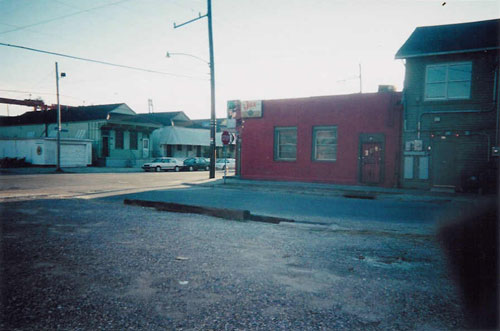
AREA OF THE APOSTLE BAR
"G-man had an easy-ass no-brainer of a gig making bar
food at a watering hole on Tchoupitoulas ... "
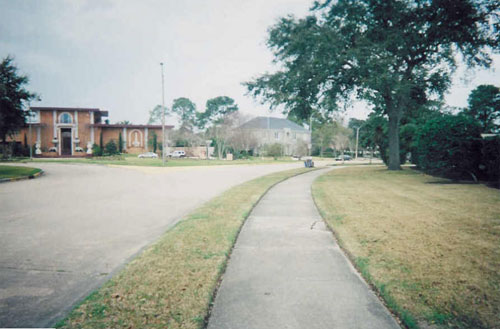
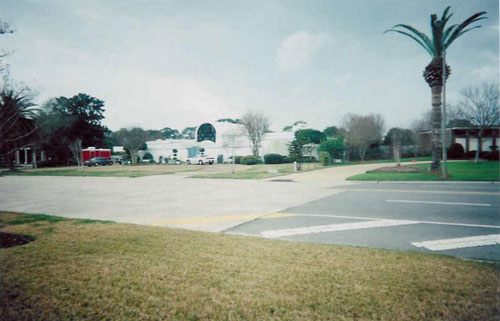
LAKESHORE DRIVE: LENNY DUVETEAUX'S NEIGHBORHOOD
"By 2:45 they were walking along a street with exquisitely
landscaped yards and houses built in the style of the space
age as conceived in the early seventies. One house appeared
to have been made of white foam sprayed onto giant balloons.
Another was bisected by a flat disc of Plexiglass."
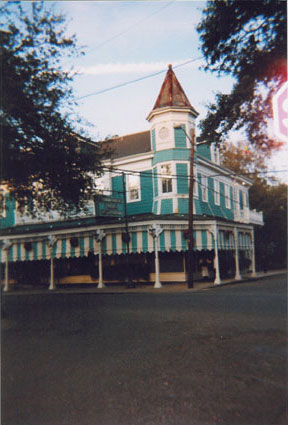
"Serving fine Creole food in the Garden District since
1880, Commander's Palace had done what most of the city's old-line
restaurants had not: evolved with the times while preserving
a deep sense of tradition."
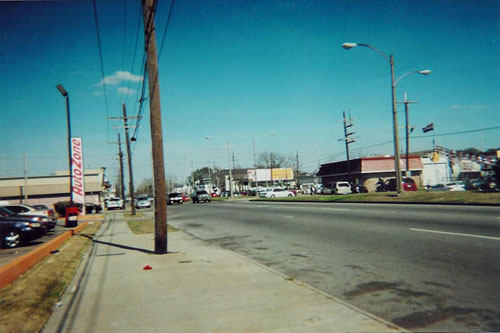
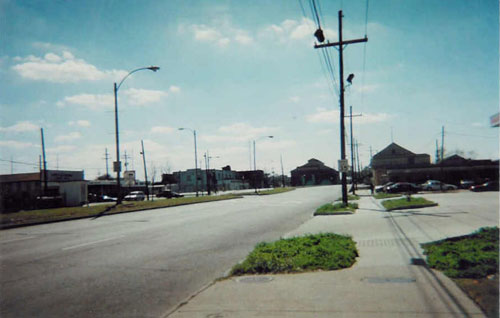
AREA OF LIQUOR, THE RESTAURANT
"The next property was on Broad Street (its proper name
was Broad Avenue, but nobody ever called it that) in a bleak-looking
commercial neighborhood near the city government complex that
housed the police headquarters, the courthouse, the Orleans
Parish Prison, and the morgue. Auto shops, bail bondsmen, and
convenience stores dominated the area."
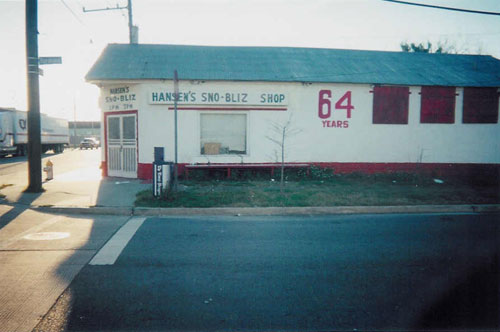
"Leaving Rickey with a glass of water on the nightstand
and a pillow over his head, G-man got in the car and drove
the short distance to their favorite snowball stand, Hansen's
Sno-Bliz on Tchoupitoulas. Hansen's had been in business
since the 1930s and had moved into an actual, permanent building
at some point. Hurricane Betsy had wrecked it in the sixties,
and photographs of the devastation were displayed on a colorful
piece of posterboard alongside accolades for the snowballs."
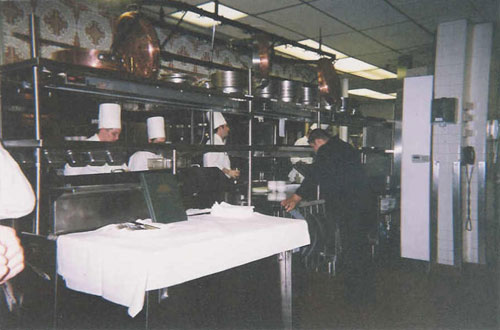
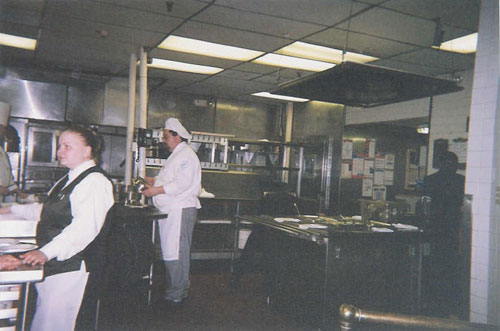
"Cooks on the line in a busy restaurant spend all their
time in motion, preparing the mise-en-place of ingredients
they will use throughout their shift, lining up saute pans
on burners and flat-tops, keeping track of their tickets, burning
their hands, reducing their feet to hunks of abused and stinking
flesh that feel like nothing more than a couple of raw stumps
by the end of a shift."
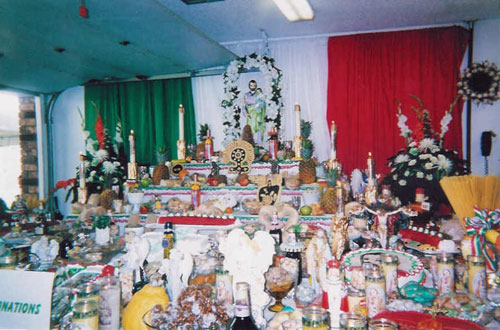
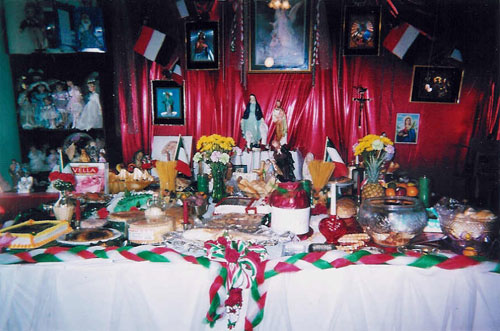
"St. Joseph had once saved Sicily from famine,
and local Italians – most of whose families hailed from
Sicily – often built altars in their homes and businesses
for his feast day ... St. Joseph was also the patron saint
of workers, and everyone knew that workers needed a drink
now and then."
Kitchen photos courtesy of Commander's Palace
|



